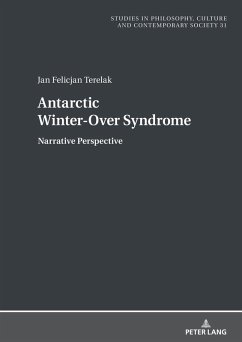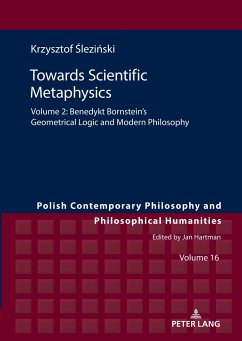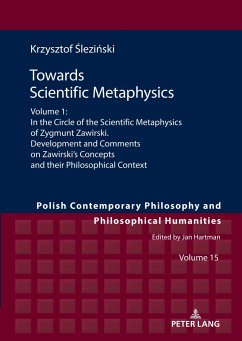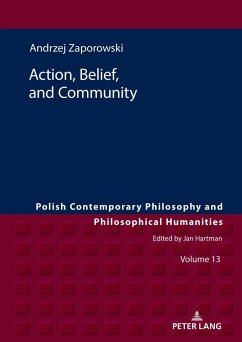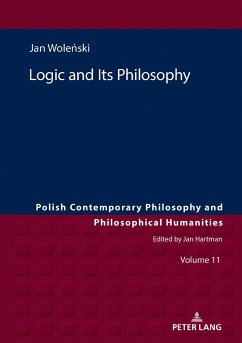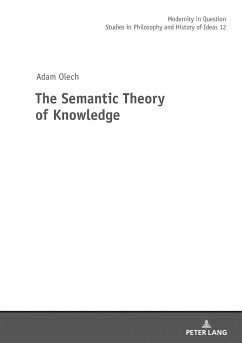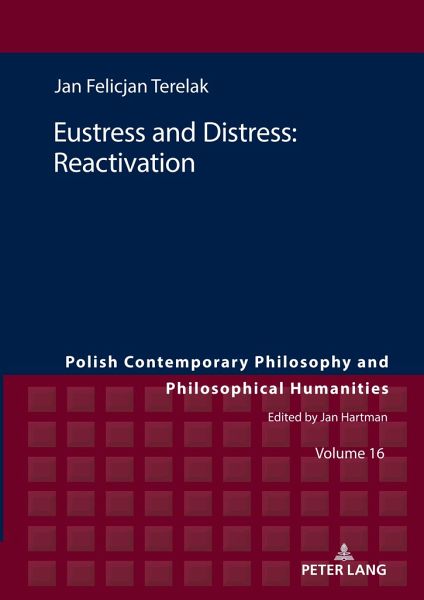
Eustress and Distress: Reactivation
Versandkostenfrei!
Versandfertig in 6-10 Tagen
60,45 €
inkl. MwSt.

PAYBACK Punkte
0 °P sammeln!
The author of the book provides a comprehensive examination of stress, an integral part of people's lives. In the first chapter, he reviews the 20th-century theories of stress, from biological mechanisms of stress through medical concepts to contemporary models of psychological stress. The second chapter provides a detailed classification of sources of stress, based on physical, chronobiological, psychological and social factors. In the third chapter, the author focuses on reactions to stress and presents them from physiological, emotional, cognitive and behavioral perspectives. The fourth cha...
The author of the book provides a comprehensive examination of stress, an integral part of people's lives. In the first chapter, he reviews the 20th-century theories of stress, from biological mechanisms of stress through medical concepts to contemporary models of psychological stress. The second chapter provides a detailed classification of sources of stress, based on physical, chronobiological, psychological and social factors. In the third chapter, the author focuses on reactions to stress and presents them from physiological, emotional, cognitive and behavioral perspectives. The fourth chapter focuses on two theoretical constructs: resistance to stress and coping with stress. The author presents task-oriented, emotion-oriented and avoidance-oriented strategies of coping with stress and underlines the role of social support in dealing with stress.
The author emphasizes the fact that stress has many faces. It can be seen as "eustress", which has an important motivational function, forcing us to make efforts and achieve life goals, or "distress", which distracts us from achieving our goals and comfort of life.
The author emphasizes the fact that stress has many faces. It can be seen as "eustress", which has an important motivational function, forcing us to make efforts and achieve life goals, or "distress", which distracts us from achieving our goals and comfort of life.





